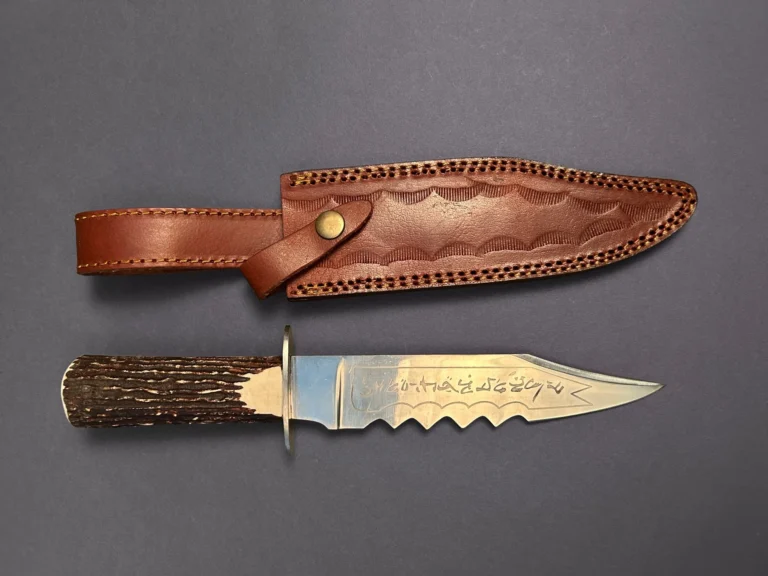Throughout history, the role of the warrior has been pivotal in shaping civilizations. They were not merely fighters; they embodied the essence of their cultures, showcasing values, beliefs, and artistry through weaponry, tactics, and honor. This article delves into the multifaceted nature of ancient warriors, highlighting their impact on military strategy, cultural identity, and the evolution of combat, while also exploring the artefacts and memorabilia that celebrate their legacy.
The Role of Warriors in Ancient Societies
Ancient warriors were crucial not only as defenders of their realms but also as symbols of cultural identity and societal values. Each civilization produced warriors whose actions reflected their communities’ ethos.
1. Spartans: The Epitome of Warrior Culture
The Spartans of ancient Greece are perhaps the most iconic example of a warrior society. Their entire culture revolved around military excellence and discipline. From a young age, Spartan boys were subjected to rigorous training, known as the Agoge, which emphasized physical endurance, combat skills, and communal loyalty.
- Military Structure: The Spartan army was highly organized, employing the phalanx formation, where heavily armed infantry soldiers (hoplites) stood shoulder to shoulder with shields and spears. This tactic not only maximized their fighting strength but also instilled a sense of unity among soldiers.
- Cultural Impact: The Spartan ideal of “coming back with your shield or on it” signified not just the importance of victory in battle but also the deep-seated value of honor. This cultural emphasis on discipline and valor propelled them to legendary status in battles such as the Battle of Thermopylae, where a small force famously held off a vastly larger Persian army.
2. Vikings: The Fearsome Raiders of the North
The Vikings, originating from Scandinavia, are renowned for their seafaring abilities and raiding prowess during the late eighth to early eleventh centuries. Their culture was deeply intertwined with martial values.
- Warrior Ethos: Viking warriors, known as berserkers, were famed for their fierce fighting style and ritualistic battle practices. They believed in the Norse gods’ favor during combat, which motivated them to fight bravely.
- Explorers and Raiders: Vikings not only raided coastal settlements but also established trade routes and settlements across Europe, Asia, and even North America. Their longships allowed them to navigate both ocean and riverine environments, showcasing their innovative maritime technology.
Tactical Innovations of Ancient Warriors
Ancient warriors were not just fighters; they were also innovators in military tactics and strategies that influenced future generations of military leaders.
1. Phalanx Formation
This formation was a hallmark of ancient Greek infantry tactics. The phalanx consisted of rows of soldiers, each equipped with a long spear (sarissa) and a shield.
- Tactical Advantages: The tight formation maximized defense and offensive capability. Soldiers could support one another, reducing vulnerability while projecting a formidable front against foes. This tactic was crucial in battles such as the Battle of Marathon, where the outnumbered Athenian army used the phalanx to defeat the Persian invaders.
2. Cavalry Warfare and Mobility
The use of cavalry changed the game of warfare significantly, with the Mongol Empire setting benchmarks in speed and maneuverability.
- Mongol Strategies: Under Genghis Khan, Mongol horsemen employed hit-and-run tactics that disrupted enemy formations. Their light cavalry was highly mobile, allowing them to outmaneuver heavier infantry forces. The Mongol military was organized into units called “uruks,” which enabled swift communication and coordination during battles.
- Psychological Warfare: The Mongols mastered psychological tactics, using feigned retreats to draw enemies into ambushes, demonstrating how ancient warriors combined cunning with combat skills to achieve success on the battlefield.
The Legacy of the Ancient Warrior
The legacy of ancient warriors extends far beyond their historical contributions; it continues to shape contemporary culture, influencing literature, art, and modern military practices.
1. Literary Influence
The enduring tales of ancient warriors have left a profound impact on literature:
- Epic Literature: Works such as Homer’s “Iliad” and Virgil’s “Aeneid” immortalize the valorous deeds of warriors. These epics highlight themes of heroism, fate, and the human experience in times of conflict, creating archetypes that resonate through centuries.
- Modern Adaptations: Contemporary authors and filmmakers frequently draw on these ancient narratives, adapting the stories of warriors into modern contexts, thereby keeping their legacies alive.
2. Modern Collectibles and Artifacts
The fascination with ancient warriors has spawned a vibrant market for collectibles that cater to history enthusiasts and collectors alike.
- Weaponry Replicas: Collectors often seek high-quality replicas of weapons used by ancient warriors. Swords, shields, and armor pieces not only serve as decorative artifacts but also as symbols of the craftsmanship and artistry inherent in ancient warfare.
- Figurines and Statues: Detailed figurines that depict historical battles or famous warriors serve as a means for enthusiasts to celebrate and educate others about these ancient cultures.
For those interested in exploring unique collectibles, Ancient Warrior offers a diverse array of items that honor these formidable figures from history, ensuring that their stories continue to be told and appreciated.
Conclusion
The ancient warrior not only shaped the course of history but also left an indelible mark on our cultural consciousness. Their stories of valor, tactical innovations, and lasting influence on modern culture form a rich narrative that speaks to the complexity of human civilization. By exploring the art of war in ancient civilizations, we not only gain a deeper appreciation for the trials and triumphs of these warriors but also connect with the values and ideals that continue to resonate with us today. The legacy of the ancient warrior is a testament to the enduring power of honor, bravery, and the human spirit in the face of adversity.


Comments are closed.